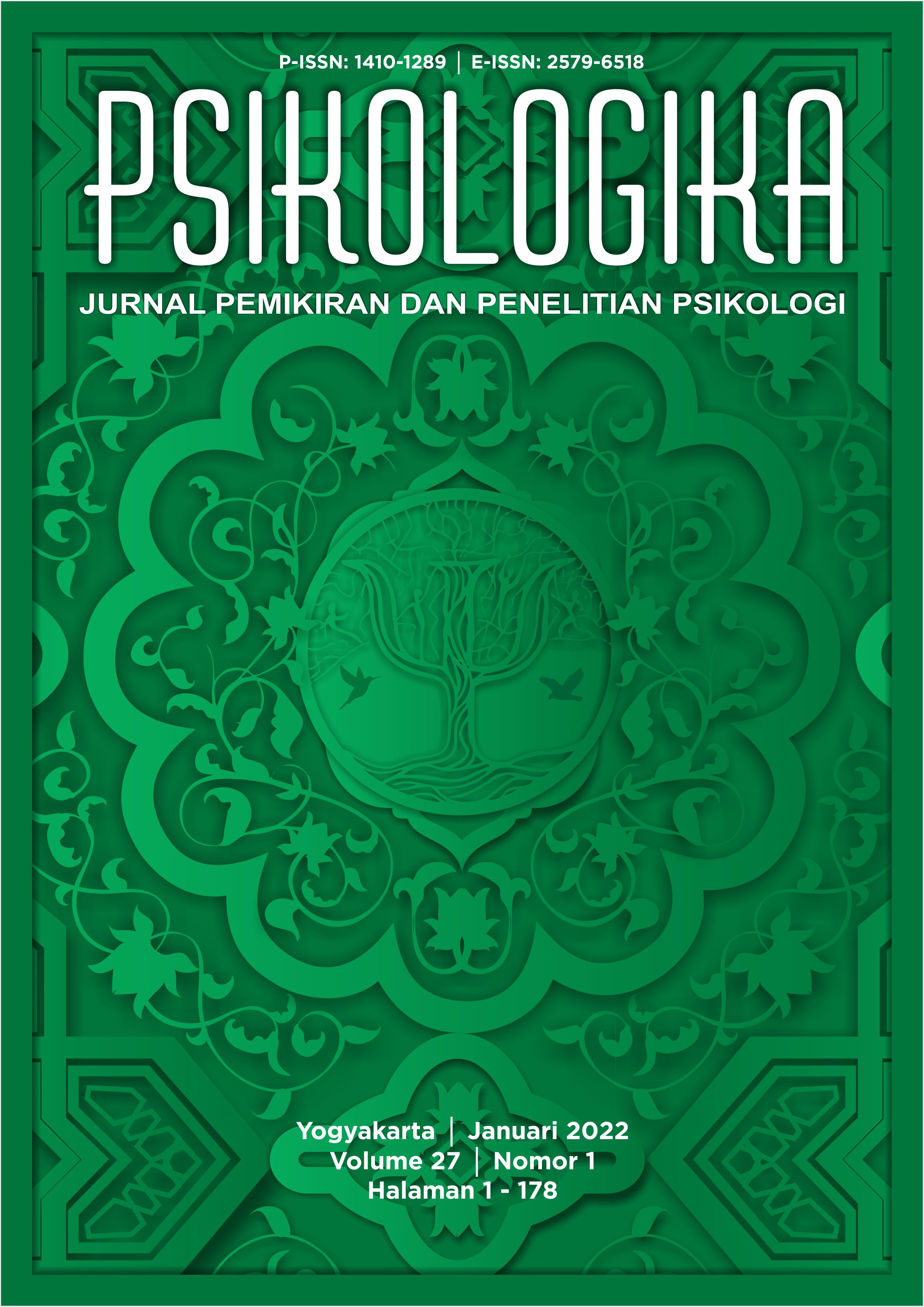Main Article Content
Abstract
In this era of the 4th industrial revolution, one of the challenges we face is employment. There has been a decrease in job opportunities, while competition has also increased. The unemployment rate also continues to increase annually, especially among university graduates. Students need to be aware of how ready they are to enter the labor market after completing their studies. This study aims to test the validity and reliability of the Perceived Future Employability Scale (PFES), to identify whether the Indonesian version of the instrument is valid and reliable. PFES is expected to assist students to get an overview of how ready they are to enter the labor market, so they can prepare themselves better and know what still needs to improve. The process carried out includes a Focused Group Discussion (FGD), forward-backward translation, expert review, readability test, expert judgment, and data collection. The research design is in the form of an online questionnaire. The number of samples in this study amounted to 467 university students aged 18-30 years old. This study examined the construct validity and internal consistency reliability (Cronbach’s alpha). PFES has a strong positive correlation with the instrument that measures similar construct, and has a low negative correlation with the instrument that measures different construct. The results also indicated a high level of reliability. Thus, the Indonesian version of the PFES measuring instrument is a valid and reliable measuring instrument.
Article Details
Copyright (c) 2022 Anastasia Christy Matius, William Gunawan

This work is licensed under a Creative Commons Attribution-ShareAlike 4.0 International License.
Authors who publish with this journal agree to the following terms:
- Authors retain copyright and grant the journal right of first publication with the work simultaneously licensed under a Creative Commons Attribution-ShareAlike 4.0 International License that allows others to share the work with an acknowledgment of the work's authorship and initial publication in this journal.
- Authors are able to enter into separate, additional contractual arrangements for the non-exclusive distribution of the journal's published version of the work (e.g., post it to an institutional repository or publish it in a book), with an acknowledgment of its initial publication in this journal.
- Authors are permitted and encouraged to post their work online (e.g., in institutional repositories or on their website) prior to and during the submission process, as it can lead to productive exchanges, as well as earlier and greater citation of published work (See The Effect of Open Access).




